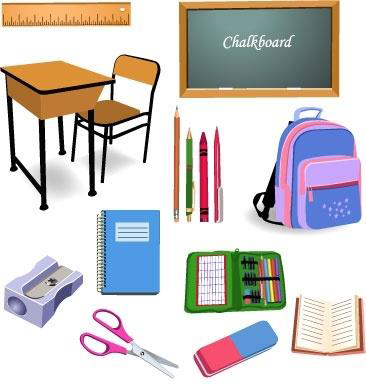- Учителю
- Урок английского языка на тему Numbers 6-10
Урок английского языка на тему Numbers 6-10
Оқу ісінің меңгерушісі: __________Long term plan module: Module 2 My school
Lesson Numbers (6-10)
School: №33 named after К.Kasymuly
Date:
Teacher's name: Ishanova Nargiza
Class: 1
Number of present:
Absent:
Learning objective(s) that this lesson is contributing to:
1.L3 recognise with support common names and names of places; recognise the spoken form of a limited range of everyday and classroom words
1.S1 make basic personal statements about people, objects and classroom routines
1.S3 pronounce familiar words and expressions intelligibly
1.UE2 use cardinal numbers 6 - 10 to count.
Lesson objectives:
All learners will be able to:
Most learners will be able to:
Some learners will be able to:
Language objectives:
Learners can:
By the end of the lesson learners will be able to
-count numbers from 1 to 10;
- use singular nouns, plural nouns to talk about things;
- ask and answer the questions using the structure: How many ….?
Key words and phrases:
Numbers: six, seven, eight, nine, ten Plural noun How many pens? Six pens.
How many ….? …. …….
Useful classroom language for dialogue/writing:
Discussion points:
Can you say why? …..
Writing prompts:
Assessment for Teaching
Criteria based assessment
Assessment criteria:
Count numbers from 6 to 10 expressively, interact using question-answers
Descriptor:
A learner
listens and points to the right number
makes up right questions using the structure How many …?
listens and sings Pencils in my schoolbag song with pleasure
Self-assessment: Hand signals
How to overcome barriers in learning English
-Use miming, gestures
-Be friendly and communicative with learners
-Encourage active enquiry based learning and learner research
Previous learning
Lesson№11 School objects
Plan
Planned timing
Planned activities (replace the notes below with your planned activities)
What will the pupils learn? How will they learn it?
Suggested Teaching Activities
Active Learning activities
Resources
Start (Beginning of the lesson)
Greeting: Teacher greets learners; learners respond to greeting and take their places. Dividing into subgroups: Warming up: Revising the previous lesson:
Middle (of the lesson)

D) Teacher presents numbers 6-10 through visual presentation. Uses her fingers to count.
[I] [f] Learners listen to instructions to colour numbers on a row grid 6- 10
Teacher takes feedback from learners using school objects using different numbers: two pens, five books…
D] Teacher gives learners a worksheet with the same four school objects.
[I] [f] Learners listen to teacher's instruction and circle the object correctly: Colour the pen red! Ok. Colour, please.
W) Learners go around the classroom and present his worksheet to his/her classmates: This is a red pen.
W) Learners listen to and sing the song Pencils in my school bag together with the teacher.
Song: Pencils in my school bag, CD, DVD players, worksheet, school objects, notebook
End (of the lesson)
Additional information:
Differentiation - how do you plan to give more support? How do you plan to challenge the more able learners?
Assessment - how are you planning to check learners' learning?
Cross - curricular links health and safety check ICT links
Values links
Reflection
Were the lesson objectives / learning objectives realistic?
What did the learners learn today?
What was the learning atmosphere like?
Did my planned differentiation work well?
Did I stick to timings? What changes did I make from my plan and why?
Use the space below to reflect on your lesson. Answer the most relevant questions from the books on the left about your lesson.
Summary evaluation
What two things went really well (consider both teaching and learning)?
1.
2.
What two things would have improved the lessons (consider both teachings and learning)?
1.
2.
What have learned from his lesson about this lesson about the class or individuals that will inform my next lesson?